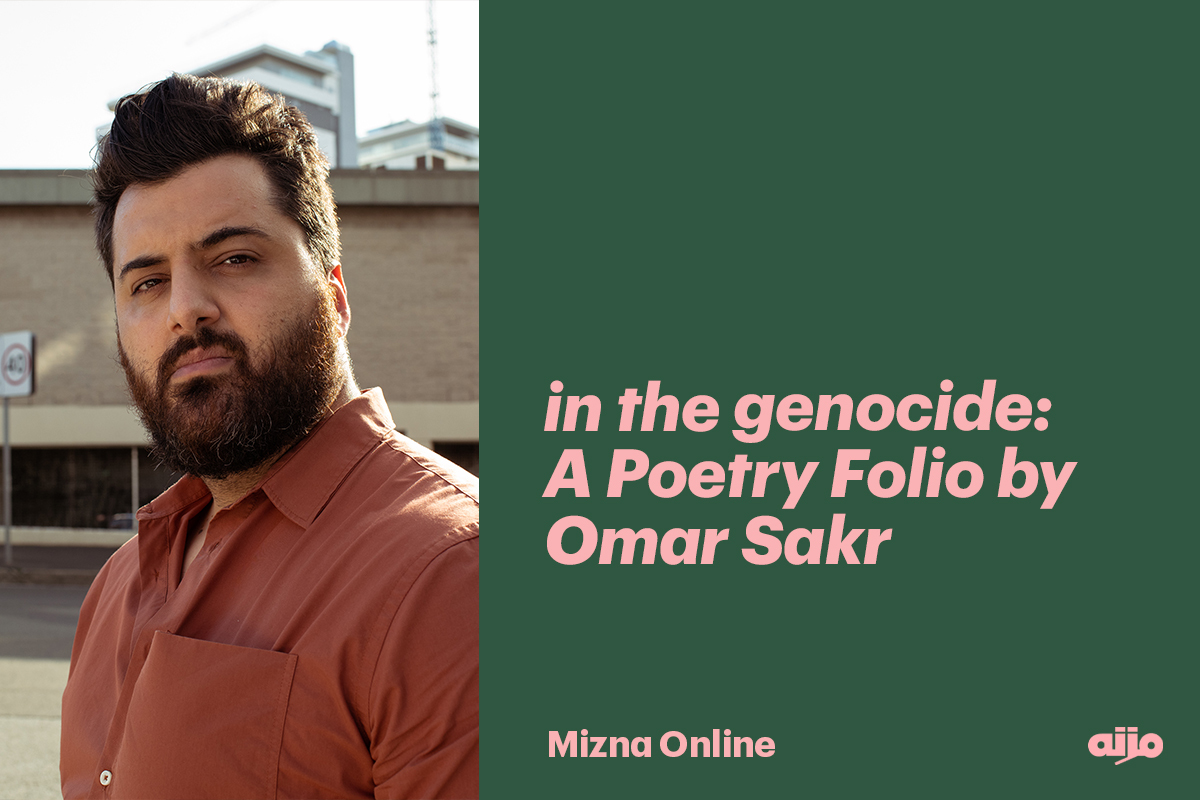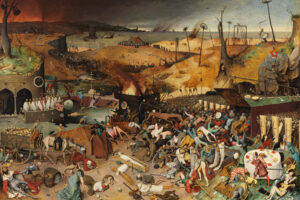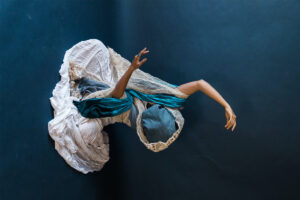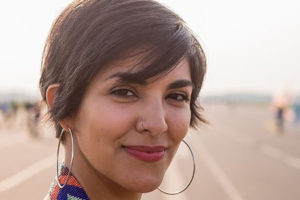
May 28, 2024
in the genocide: a Poetry Folio
It is not an exaggeration to say Omar Sakr is one of a handful of friends most responsible for helping me stay sane through our current moment of Zionist genocide in Gaza. I could refer to how outspoken he is, both within his Australian context and internationally, about fighting against our genocide, but in truth, he’s been a comrade long before last October. I could refer to The Lost Arabs, the poetry book that first introduced me to Omar’s work, as a work to which I return often in grief—one of the only poetry books that has made me feel less alone. I could refer to our WhatsApp calls that never can be briefer than several hours, talking about life updates, or literary bullshit, or Al-Ma’arri, or our midprocess projects, or fatherhood, or . . . But none of this captures the extent of Omar’s impact on my life, his fight to insist on Palestinian aliveness, and his role in the vitality of Arab Anglophone literature writ large.
This folio is an excerpt from his ongoing “in the genocide” series, comprised of new poems such as “Social cohesion in the genocide” alongside older works. These poems defy the border between timely and timeless, between personal and political, as their capacious scope shows us the many worlds permanently changed by the current moment. I am reminded, again, of how guttingly accurate they are. I write this on the morning of Monday, May 27, as I wake to the news of (nonfictitious) beheaded babies, refugees trapped in tents and burned alive, and other mass atrocities committed by the Zionist entity in Rafah. And I return to the words, “Monday, and thousands more / of the murdered pass.”
I am grateful for these poems, their many generous loves—a spirit of sumud alongside unflinching elegy that insists we mourn wholeheartedly. May these words become a north star to liberation, from the river to the sea, from Palestine to the world at stake to free.
—George Abraham, Mizna executive editor
If I could,
Dear martyr, I would not leave you here
In a poem, but in my arms
—Omar Sakr
Sometime in the genocide
It was a Thursday
when thousands of the murdered
passed through me, ungentle
as any love parting.
I ate my dinner on the floor
cold as god, hairy as any animal.
I tried to hold them, I think
I reached out at least, shuddering.
They did not slow their passage
and with them went every feeling.
Comprehension in the genocide
My son’s speech is delayed, they say
His ears rush with fluid, his mouth
Torrents a river divine, iggy biggy
Shush book ha Baba! I gibber back
At him, I repeat myself, myself
Repeats: can you say . . . The question
A hook, the bait, my love.
Why does this feel so cruel?
To want to hear my name
Alive in him. The metaphor
Won’t release the line. It breaks!
I understand nothing. Nothing
Understands me. Tah lehon
Ya ibni. Spit by spit, here is
The gleaming a life hangs on,
The reel spun into night
To catch on a piece of world
Anything other than a body—
A sodden tire or boot, words,
A refrain, yaani, signs of use.
Why does this feel so cruel?
I’m caught, by God! Unfasten me!
Why is every question a hook?
What will it take for you to love me?
When the answer wriggles, alive
In your hands, will you eat it
Or let it go free
Elegy in the genocide
Only now, facing the outer limits,
Do I understand myself as capable
Of lending grace to matter, having
Done so before, in at least one poem.
I was capable of miracles, dear reader,
And so were you—I could witness a rot
Or flower, a divorce, a dress, a broom,
Any little thing and fill it with God. Once
We could do such things and now?
Not. We live here now. In the not.
In revolting clay unable to reflect
Even the dimmest light of dead stars.
I’ve seen too many murdered children
I failed to save. This is a salve for no one,
A signal to an abandoned station,
Not poetry so much as muscle memory
For the spirit departed. I live in the not, now.
The not-me. The not-world. The not-heart
And not-society. And still the dead heap
In my eyes, and still I weep, and still my body
Carries on its minute motions. If I could,
Dear martyr, I would not leave you here
In a poem, but in my arms—I would gather you,
Each red part, into a white cloth, I would
Clean you and prepare you for the earth,
Our mother, with a kiss for each wound,
Until we once more resemble people.
Social cohesion in the genocide
The egg, big as a baby’s head, falls
And all the king’s horses, all his men
Come together to fail in unison.
In this story, the egg is brown
And full of untranslatable life.
In this story, a doddering king
Pushes the egg over the edge
Again and again. Who doesn’t
Love a crisis? He watches
The theater below, the actors
Rushing to staunch the loss,
Stitch the unsolvable wound,
To rage, and inevitably, grieve.
He calls the play society.
Some of his subjects really care
For all the broken-in heads,
Some cheer hungrily, while others
Pay no attention at all, desultory
On the outskirts, breathing blessings,
Yelling out curse words, or trying
To regain control of the animals
Running without reins. Eventually,
Everyone fractures in the stampede.
Somehow, no one climbs the wall
Or softens the earth or builds a net
Or puts an arrow in the king’s eye
No matter how high the tide of shells
In their thousands, in their millions,
Washing up against the stones.
I want to say that today I will refuse
To break, that I will put the saviors
Out of a job and so crash this economy,
But I fear that I, like you, have mistaken
My role in this story—I am no more
And no less than the king’s soft eye
Begging for the swift hit of a steel point.
Sometime in the genocide (reprise)
Monday, and thousands more
of the murdered pass
ungentle as any love
parting. We have not stopped
the killing; we keep eating.
I hold my child, cold as god.
I try to think. I reach out
At least, shuddering.
Yes, to you. O mountain!
O river, O sea! To you &
You & you until we are free
From the winter of our end.

Omar Sakr does not have a bio during the genocide of Palestine. Redirect your eyes, your mind, your heart, and your vision to the liberation of the oppressed.

Toward a Free Palestine: Resources to Learn About and Act for Palestine
We are proud to present this text as part of a list of resources to take action for and learn about Palestine, as well as works by Palestinian artists, writers, activists, and cultural workers.












